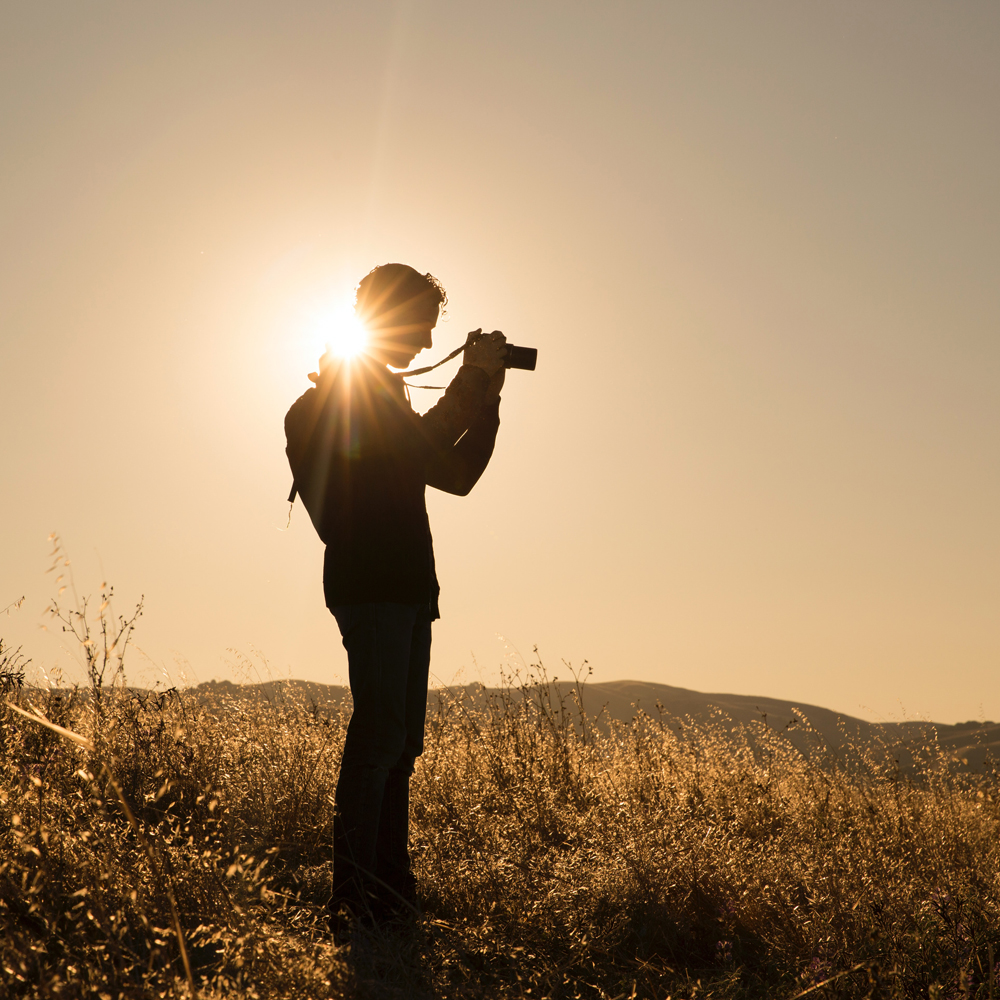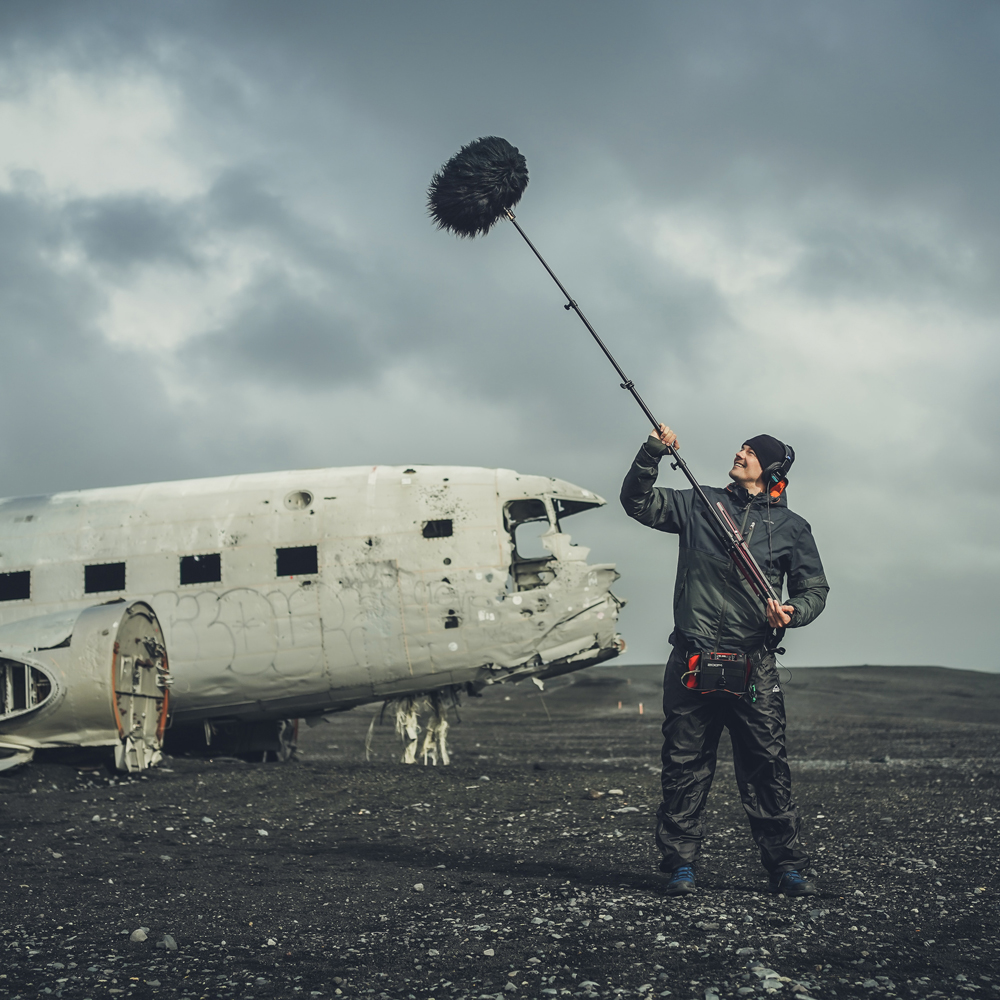As an avid reader, I understand the general consensus on inserting arbitrary statistics where they aren’t needed, but bear with me. According the to Motion Pictures of America Association, 52% of moviegoers are women. It also reports that 27% of women work in the industry as creators, directors, editors, directors of photography, and producers, of which only 4% of that are directors, and only 3% work as cinematographers. Lastly, of all the films that were released in the last 5 years, only 29% of protagonists were women.So what’s the point? The point is not to try and shine a light on the gender inequality that has been a constant thread since the inception of film — but instead to shine a light on the women and girls who make up the majority of moviegoers. Are we really satisfied? Are we satisfied watching movies predominately created, directed, filmed by, and starring men? The female experience comes with it’s own perspective. This perspective shapes the stories and characters that are written, and the images that are created; I can’t speak for anyone other than myself, but these are the stories I want to see.Recognizing, and even wanting gender equality in the film industry is all well and good, but how are we going to change it? Simply wanting to see better films about women isn’t enough. If this is what the majority of filmgoers want — then more women and girls need to step up and start making it happen. If we want to see stronger, authentic female leads then we need to write them; if we want to showcase women in the light that we want, then we need more female cinematographers, and directors. It will never be good enough to want change.When I decided I was going to film school, I was 29 years old. I’d never filmed anything in my life, I’d never written a script, and I definitely had never directed anything, but I knew I had something to say; something that was definitively mine, and could only be told by me. It was intimidating to think that I would show up with zero experience, and never be able to catch up — but I surprised myself. I found that once I had a camera in my hand, I could show others exactly how I see things. And once I sat down to write my first script, there was no shortage of stories I wanted to tell. Now, I can’t even imagine letting someone else direct the material I create.I recently was an on-set mentor for one of the student’s final projects, and it just so happened to be an all-female crew. I can’t say it was better or worse, but I can say it was the smoothest, and most rewarding set experience i’ve ever had. To spend two full days with other talented women, who know what they want to say and work with each other to achieve their goal, was amazing. Every idea, and suggestion was valid; there wasn’t a job too menial; and there was a sense of trust and mutual respect for the skill set everyone brought to the table. When we finally wrapped after the second day of shooting, I could see the accomplishment the students felt for having finished another project, and how happy they were with the work they put in. What was so interesting to me, was that not a single one of us, even thought about the fact that it was an all female crew; we were just on-set doing our jobs. And that fact is the entire point of this article.
Recent Posts
All content copyright © Nashville Film Institute




